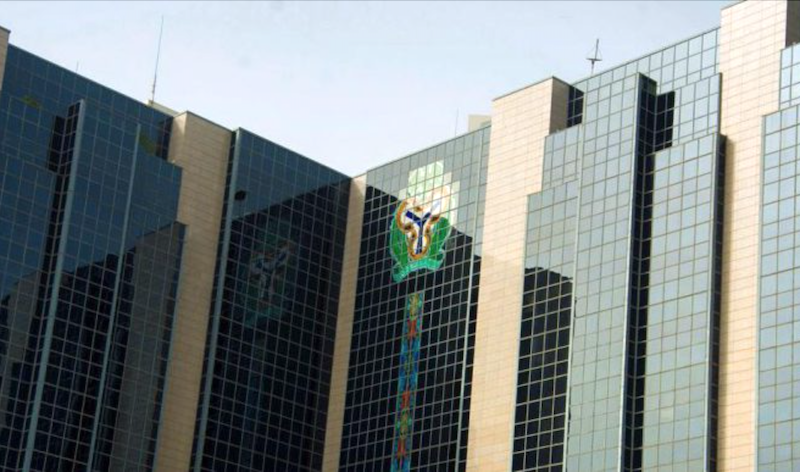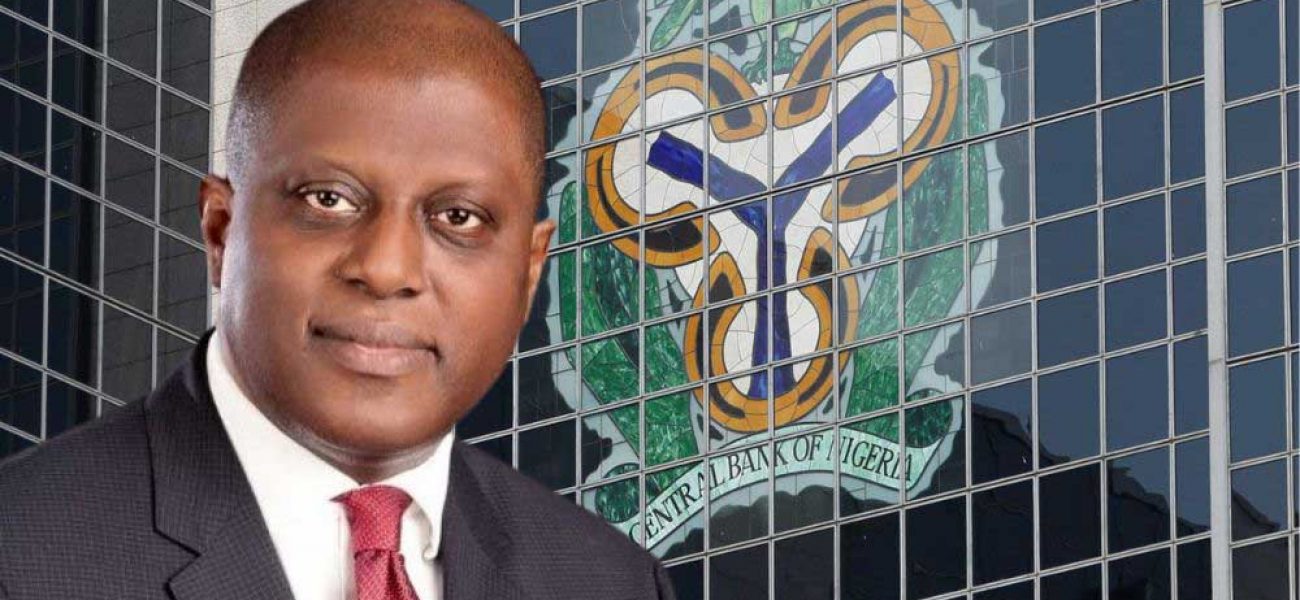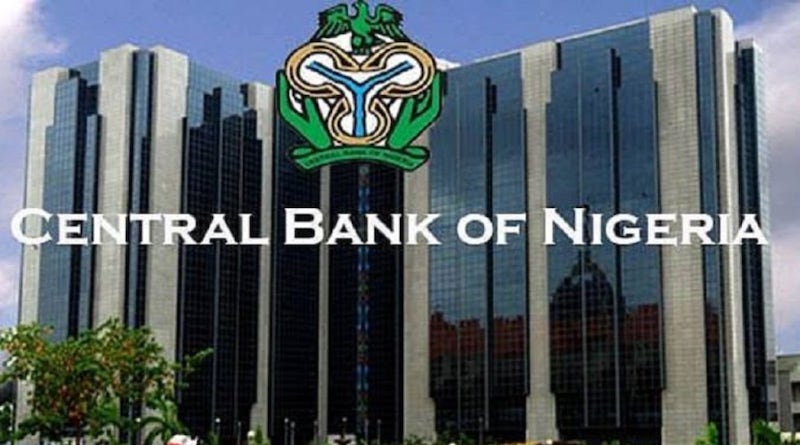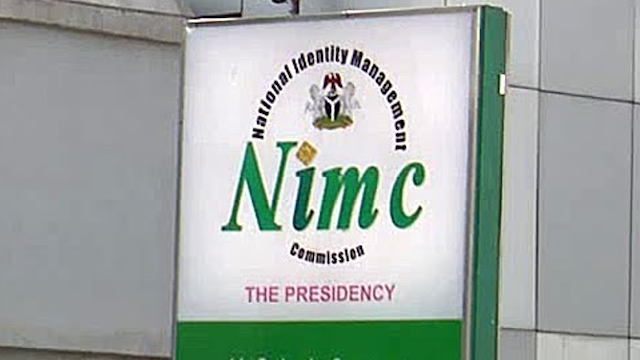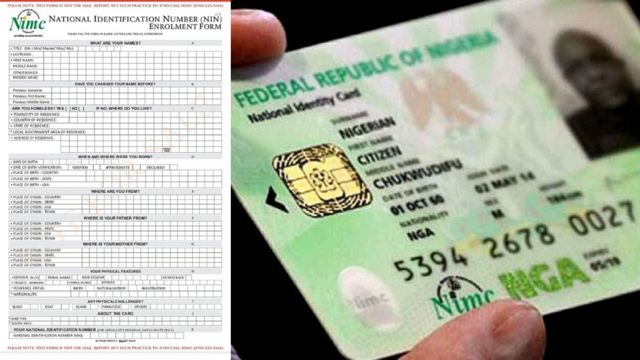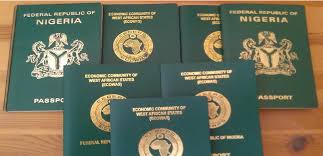The inability of the nation to complete the SIM/NIN harmonisation programme introduced by the government a couple of years ago is a clear illustration that there are no simple processes or even stories in our part of the world. Ordinary SIM registration which a traveller would normally conclude at any international airport on acquiring a mobile line, has become so convoluted that you would wonder at the multi agencies involved in the process in Nigeria.
Just when you think that SIM/NIN would begin to fade from the nation’s lexicon, it pops up in another corner like the genie that doesn’t accept suppression. Only last week the story came alive again that the Nigerian government is pegging sometime in February as the final date for the programme to be concluded otherwise over 12m mobile lines would be knocked off the networks.
This is not the first time such a deadline would be given. There have been several of them but all pointing to a shameless failure in the implementation of simple tasks which failure would usually exacerbate to trouble the lives of ordinary people.
Nigerians are very tolerant people and would do anything to conquer the spectre of insecurity which has been their lot for as long as they can remember. The NIN/SIM harmonisation programme which was projected as a magic wand to insecurity was supposed to be a quick walk – just 15 days and everything is over. Insecurity would be a thing of the past as nobody would be able to use mobile numbers again to demand ransom.
Just a few days to the end of 2023, insecurity remains more hydra-headed, putting a lie to the efforts of the government and various communities. Just a couple of days ago, a young lady had told me that secret killings were going on in the Plateau and that nobody was reporting them. By Christmas day over 50 people were killed in one fell swoop, thus unmasking our pretences and the propensity to bury our heads in the sand like the ostrich. Insecurity. More kidnappings are happening and more banditry recorded and no magic wand has resolved the anger of the children of hell running rampant in our nation.
Insecurity. Feelers from the Nigerian Communications Commission (NCC) clearly demonstrate that concerns over the exercise has been elevated to red to the extent that another deadline is being contemplated. But it would seem as if the mobile operators are the main culprits why the process is faltering. Not at all. This writer has been reliably informed that anybody conversant with the process since the SIM/NIN get-go would really be angry.
Okay. Let’s go step by step. SIM Registration began in 2011. It continues to be ongoing. By 2015, MTN took the fall for the entire industry when it got slapped with a fine of N1.04 trn in October for failing to disconnect 5.1m lines on its network. The fine was reduced to N330bn in June 2016 after protracted negotiations. MTN took the fall because I can say without equivocations that it was not the only guilty party. But that has not resolved the problems of SIM registration or the pervasive insecurity plaguing the nation.
By December 2020, a little complication was introduced to the process of SIM registration. The process must be harmonised with NIN acquisition. Although at the launch of SIM registration in 2015 the NCC had said that the National Identity Management Agency (NIMC), alongside the security agencies would be some beneficiaries of the process in carrying out their national assignments, NIMC would become a more central player in the entire process and, in fact, nearly dictating the entire registration process.
In Nigeria, there are parallel layers of identification an individual must go through or carry even as a burden. There is the International Passport, Driver’s License, Bank Verification Number (BVN) with NIN created as the supremo. No one comes easy so the individual must suffer. For instance, during the COVID-19 pandemic, Nigerians were made to suffer all sorts of indignities, including going to queue in crowded places to be able to harmonise their SIM with NIN. They risked their lives to use their phones.
Since then, NIN seems to be enjoying a contrived voyage and relevance. In whatever you need to do officially, your NIN is required. It even occupies a pride of place in your international passport, and may soon become a prominent requirement in contracting marriage or having a girlfriend! Oh, the story of Nigeria, how the leadership wants to make us look stupid.
The drawback however, is that NIMC doesn’t seem to have the capacity to shoulder its can of responsibilities and this resonates in the flip-flop process of the SIM/NIN harmonisation. An operator once told me that the NIMC platform is so small that it cannot handle activities from the operators without breaking down. The story has hardly changed.
There are other problems – the big man syndrome as most big people impose their importance on Nigeria by refusing to obey the laws. They refuse to release their real identity and direct their aides to do some dirty jobs on their behalf. Apart from high networth individuals, this writer was told that even some lawmakers who should be the first to obey the laws they make don’t have valid registration. It is the case of leadership creating problems for the ordinary people to solve
And then the Nigerian factor where individuals must profit from any process.This is not dredging up scurrilities just to damage the nation’s image but about weaknesses in the value chain of processes which we permit to fester so that some individuals can be happy to retain their ego and cream off the nation’s commonwealth.
An industry source told me within the week that the SIM/NIN harmonisation policy is a good policy but the driving force was not for the policy to succeed. There was something else, the source maintained. There are several layers of contractors working at the backend.
NIMC introduced the Virtual NIN which only the organisation could develop and send to the operator. Under the process, it was possible for one person to still be able to register as many SIMs as possible, even over 100. Each virtual SIM cost money which did not go to NIMC but to the contractor embedded in the process through a process called Tokenisation.
So, if the harmonisation policy was for phone users to carry proper identity and in the process fight insecurity, that was lost to the greed of individuals who must feed on the people’s misery.
“It is not that we do not have the capacity to do this business except that some people put themselves in the middle of the government’s business in order to profit from the process,” the source lamented.
Although the mobile operators have every reason to be alarmed about another deadline being set for the completion of the harmonisation process, one would want to suggest here that what should enjoy priority is auditing of the entire process. From all indications, the exercise was so rotten that innocent Nigerians were tricked to feed a process which proceeds ended up in private pockets.
Auditing the process is not only about money but also to deracinate the various bagagges that had stifled the entire policy implementation. “There is a criminal ring around SIM/NIN registration that has to be dismantled,” the source informed.
For this writer, it is not just about deadlines or blaming the mobile operators about the failure of the policy implementation but first about putting the NCC and NIMC in order before whipping the industry in line.
“The last administration created more problems than we tried to solve,” according to my source but time has come to start rebuilding the process all over. Passing the buck, one would want to observe, is one expressway to failure. I will want to assume here that the President Tinubu administration would tread the narrow path to put the SIM/NIN harmonisation policy to bed.


